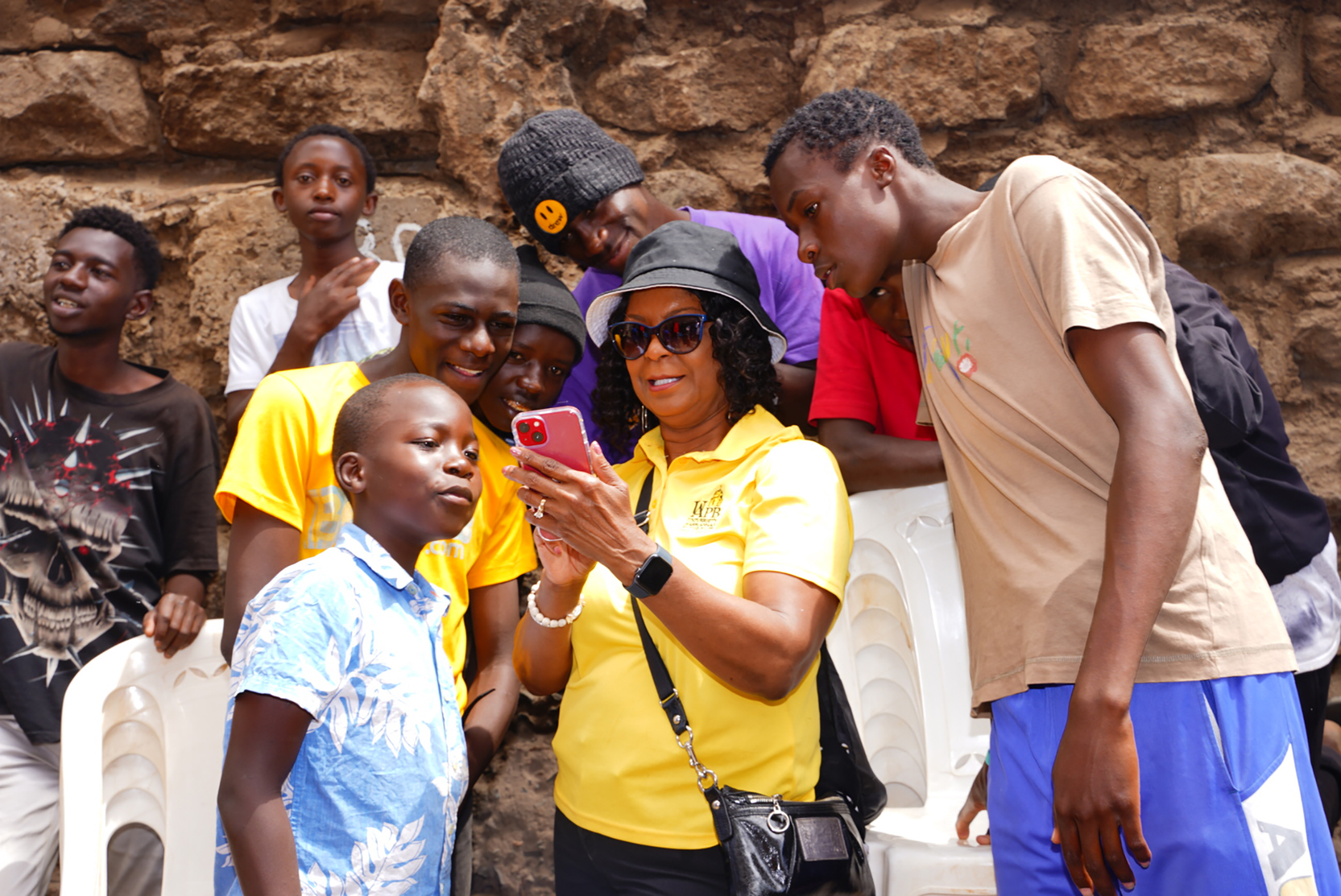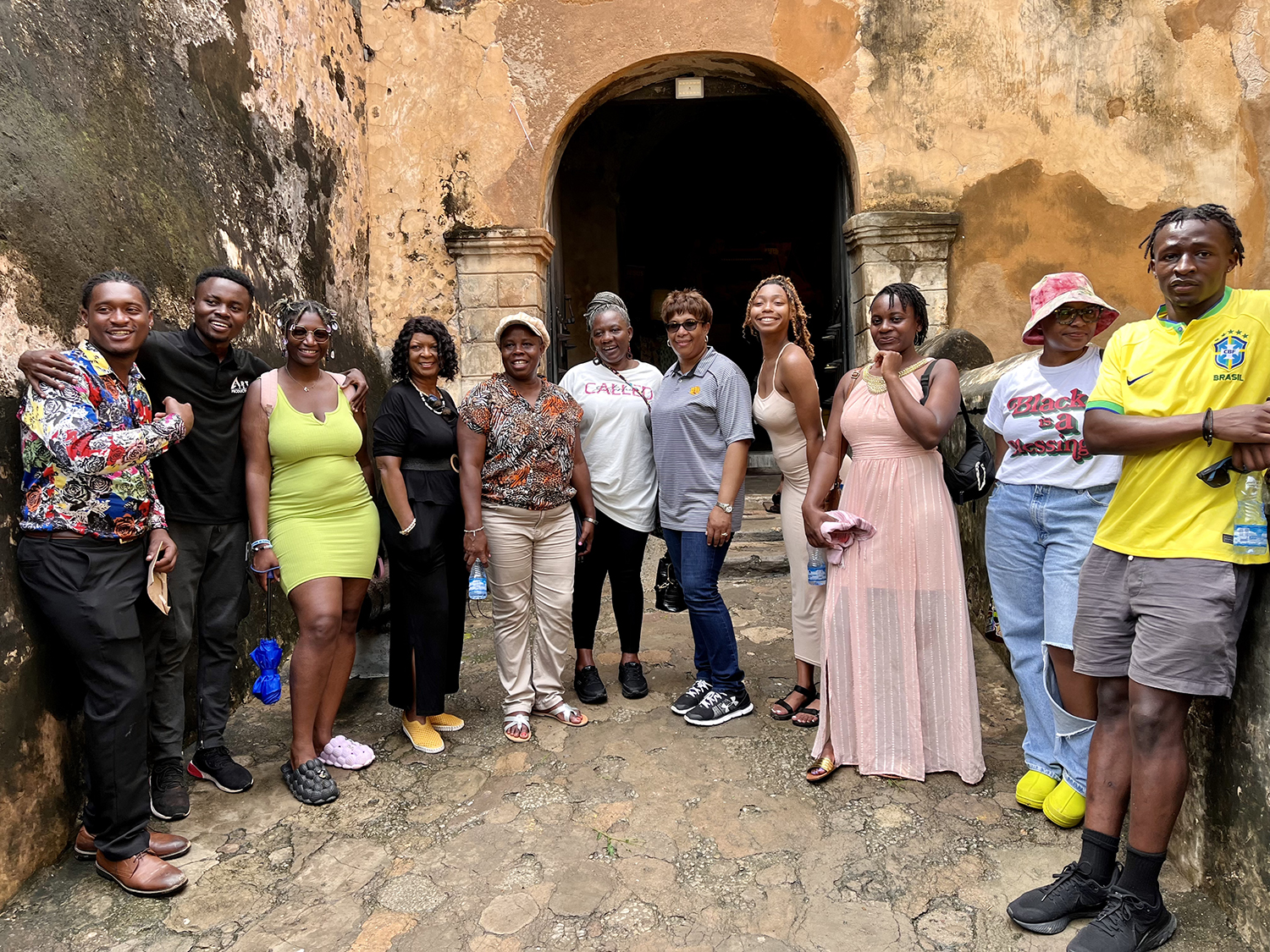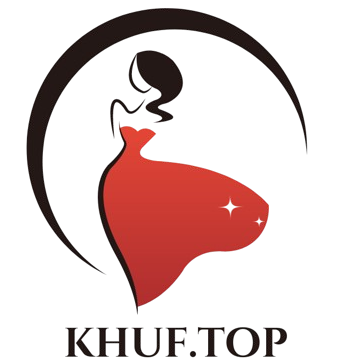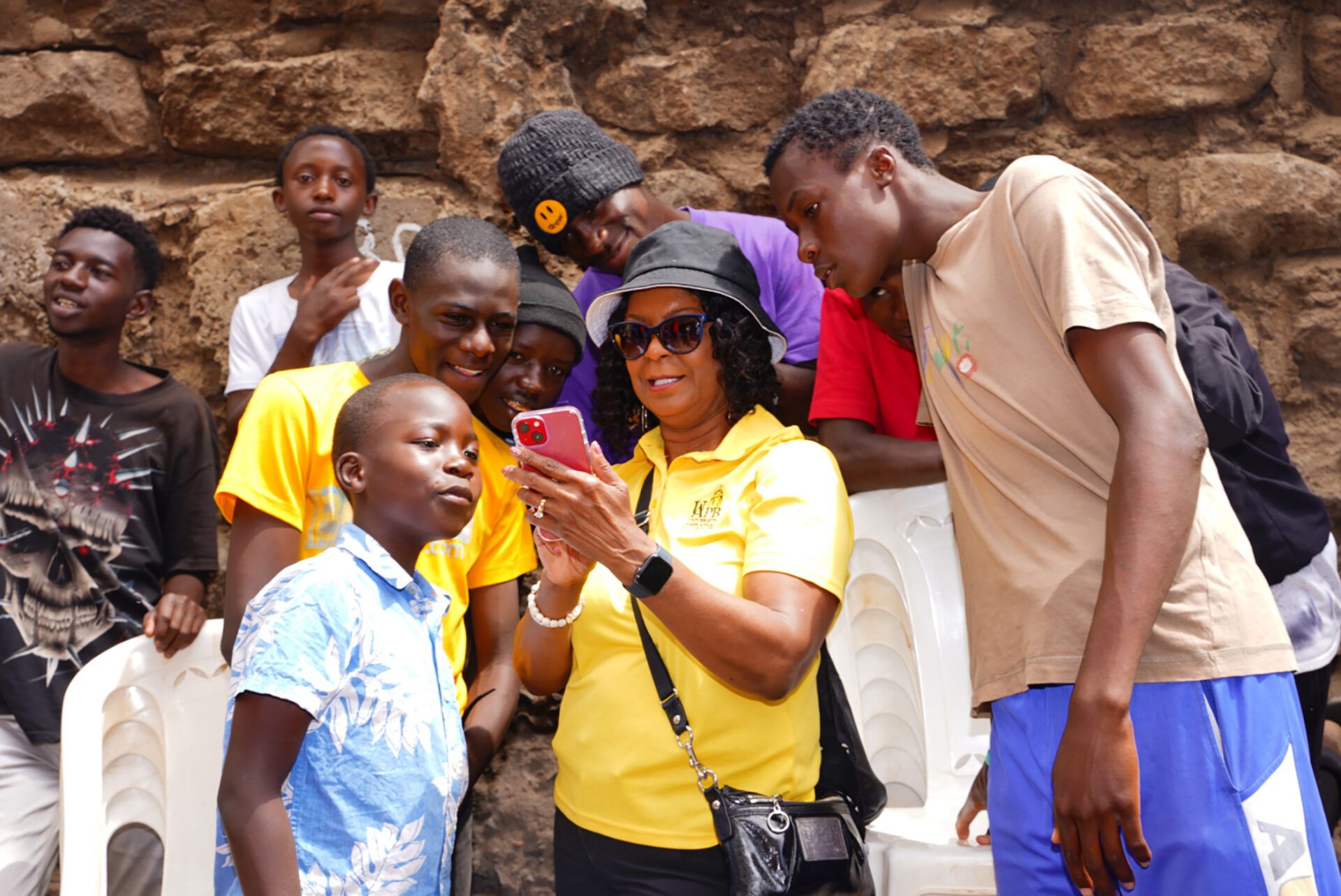In the West African nation of Kenya, students and faculty from the University of Arkansas at the Pine Bluff Department of Human Sciences conducted a study abroad program. The programme put a strong emphasis on experiential learning and group support.
Havilland Ford, Trenay Hayes, Justin Thomasson, and freshman David Opiri were among the students who took part. Jai Lewis, a young at Tennessee State University who had recently taken part in UAPB’s training worldwide software, joined them.
Jane Opiri, an associate professor of branding, textiles, and design, Suzzette Goldmon, a staff member of hospitality and tourism administration, as well as Karleah Harris, assistant Professor of human growth and family studies, were among the faculty members.
According to Pamela Moore, associate professor for global commitment for the Office of International Programs and Studies,” Thomasson, an arts major at UAPB, was so enthralled upon learning about this system that he raised his own funds to attend, including applying for and receiving a prestigious Gilman International Scholarship honor.”
Opiri, a Kenyan by birth, organized the study abroad program in collaboration with Kenyatta University, her old school, in Nairobi, Kenya.
According to Opiri, the purpose of this plan was to enable our kids to contrast American and Kenyan cultures and advance their professional skills. They had the chance to improve their cooperation and empathy skills throughout the system through volunteer work. They had more social intelligence and a better grasp of responsible citizenship when they got home from the trip.
According to Goldmon, the system was encouraging and educational for everyone involved.
The experiences were enjoyable, enlightening, informative, and priceless, she said, “ranging from service learning to interacting with kids and experiencing the kindness to immersing ourselves in Kenyan culture and languages.” For our UAPB students and others as well, I encourage people to experience and build similar options.
Harris gives Kenyatta University’s faculty and students credit for making an effort to ensure that the participants in the British system felt at home.
She claimed that “our UAPB individuals were able to indulge themselves in an global experience and learn about new cultures, products, languages, and sites.” ” With our international partners, the students gained invaluable knowledge and skills and were very artistic.”
ENGAGEMENT IN SERVICE
The plan participants had occasion to visit Kenyatta University and speak with their Kenyan counterparts from the Department of Music and Dance after arriving in the country. The students therefore began volunteering at a house in Kayole, Kenya, for orphans and vulnerable children. They engaged with the kids throughout the day and oversaw education games and activities.
Ford claimed it was a disturbing experience to witness the circumstances at the family’s house. She was taken aback by the lack of energy and other amenities in the school hallways and children’s bedrooms that would be regarded as essential in America.
She remarked,” It was nice to see young people being kind and generous, and how they did n’t let their lack of resources affect their learning.” For instance, Justin Thomasson presided over a scribbling conference during the program. There were some students who lacked an eraser or even a crayon with one, but their colleagues were more than happy to share. Every pupil was ecstatic.
HANDS- ON HUMAN SCIENCES Training
The educational paths taken by the participants at UAPB were directly related to a number of software actions. For instance, during a tour of the Kitui County Textile Center (KICOTEC ), they received first-hand instruction in merchandising, textiles, and design. They gained knowledge of fashion style and also collaborated with a tailor to create their own clothing while meeting with an emerging African fashion entrepreneur. Additionally, they received training in hospitality control in Kenya before setting out on a safari trip.
Ford remarked,” I enjoyed touring KICOTEC, the cloth production facility.” They already only produce uniforms for the Kenyan government, but they have the means and ability to produce a variety of clothing in addition to having international licensing. I thought this would be a fantastic option for UAPB to seize. For faculty and students of the UAPB branding, garments, and design program, I hope we can work out a deal for college merchandise in the store or at least T-shirts or jackets.
Students had the opportunity to interact with women who create intricate decorative stones and other sand crafts at the Kazuri Beads Factory in Nairobi, Kenya. They took a tour of the shop to find out more about how the jewelry was molded, fired, and decorated.
Ford remarked that” the origin, beliefs, craftsmanship, and imagination were so inspiring.” ” I’m always looking for Black-owned firms, and I adore finely crafted items. It was enjoyable to buy jewellery for myself and other people.
KENYA’S CULTURE AND PEOPLE
The UAPB group learned about how the Foreign Agricultural Service aids developing countries in enhancing their agricultural systems and increasing their business potential during a conference with Ryan Scott, the U.S. Department of Agriculture’s foreign service agent.
According to Ford,” While meeting with Mr. Scott, I discovered that Kenya, a third-world nation, imports more items to the United States than the U.S., one of the richest nations in the world,” does.
According to Opiri, the students were really interested in learning about Scott’s profession and the possibility of pursuing related job opportunities.
She remarked,” He took the time to inquire about their academic and professional programs.” Since several of our kids are interested in fashion design, it was also a funny coincidence that Mr. Ryan’s family happened to be one.
A trip to Fort Jesus on Mombasa Island was part of the program’s social component. The fortification, which the Portuguese constructed in the late 1500s, was crucial to the transatlantic slave trade.
Ford claimed that prisoners were again kept and traded at Fort Jesus. ” I felt appreciative to practice what I’d read, watched, and learned about for years at the time. The adage” I’m my grandparents’ biggest dreams” kept coming back to me.
Additionally, they went to Bomas of Kenya, a town that lets visitors trip standard Kenyan homesteads. There, they watched traditional dances that represented the various cultures of the nation and learned about the government’s 42 tribal groups.
Up at Kenyatta University, the students had the opportunity to learn about the significance of traditional dancing.
According to Ford, dance is a part of African, African American, or Black lifestyle. The scholar dancing displayed their dances and culture with such passion and vigor. Normally, I’m reluctant to take part in activities like this, but their enthusiasm and interest inspired me to do so.
Other features of the plan, according to Opiri, included attending a church service with Kenyatta University classmates and having an invited family over for dinner.
According to Opiri,” The learners enjoyed contrasting church service and practices between the United States and Kenya with those of their Kenyan counterparts.” At the breakfast we were invited to, they even had a great time. The community who hosted us went above and beyond to make sure we had a good time. Their kitchen area resembled that of a five-star hotel. People enjoyed the lavish dinner they prepared.
Ford exhorts all American American students to think about visiting Africa at some point.
She said,” My first piece of advice would be to do just enough research to understand the culture without going overboard with anticipation and assumptions.” The second and most crucial thing I’d advise is to be open to everyone, including experience, food, and culture. Last but not least, I advise taking information, writing down ideas throughout the day, and journaling early in the morning, late at night, or both. Reflection is become energizing and advantageous.
Thomasson likewise offered guidance to others.
Every scholar should take part in the study abroad program, Thomasson advised. It was an extremely enjoyable, education, and complex understanding experience. I got to know a lot of wonderful people and discovered many things about Kenyan society. When I first traveled outside of the state, this was the once-in-a-lifetime experience that made a lasting effect. I want to return to Kenya so that I can strengthen my ties that and take in the scenery. This encounter will always be a wonderful storage.
Moore claims that a grant from the 1890 Center of Excellence for International Engagement and Development, supported by the U.S. Department of Agriculture National Institute of Food and Agriculture, provided funding for the system.
The three scientific sections of the UAPB School of Agriculture, Fisheries, and Human Sciences were able to” jump-start” unique study abroad programs for individuals in their degree courses thanks to this specific offer. Our school and university should graduate students who are internationally aggressive, according to Moore.
At the Pine Bluff School of Agriculture, Fisheries, and Human Sciences at the University of Arkansas, Will Hehemann is an improvement expert in connections.
 University of Arkansas at Pine Bluff associate doctor Suzzette Goldmon engages with Kenyans living in a family’s home. ( Special to The University of Arkansas at Pine Bluff’s Commercial )
University of Arkansas at Pine Bluff associate doctor Suzzette Goldmon engages with Kenyans living in a family’s home. ( Special to The University of Arkansas at Pine Bluff’s Commercial ) Individuals from the University of Arkansas at Pine Bluff visited Fort Jesus on Mombasa Island, where prisoners were imprisoned prior to being transported during the slave trade. ( Special to the University of Arkansas at Pine Bluff’s Commercial )
Individuals from the University of Arkansas at Pine Bluff visited Fort Jesus on Mombasa Island, where prisoners were imprisoned prior to being transported during the slave trade. ( Special to the University of Arkansas at Pine Bluff’s Commercial )
